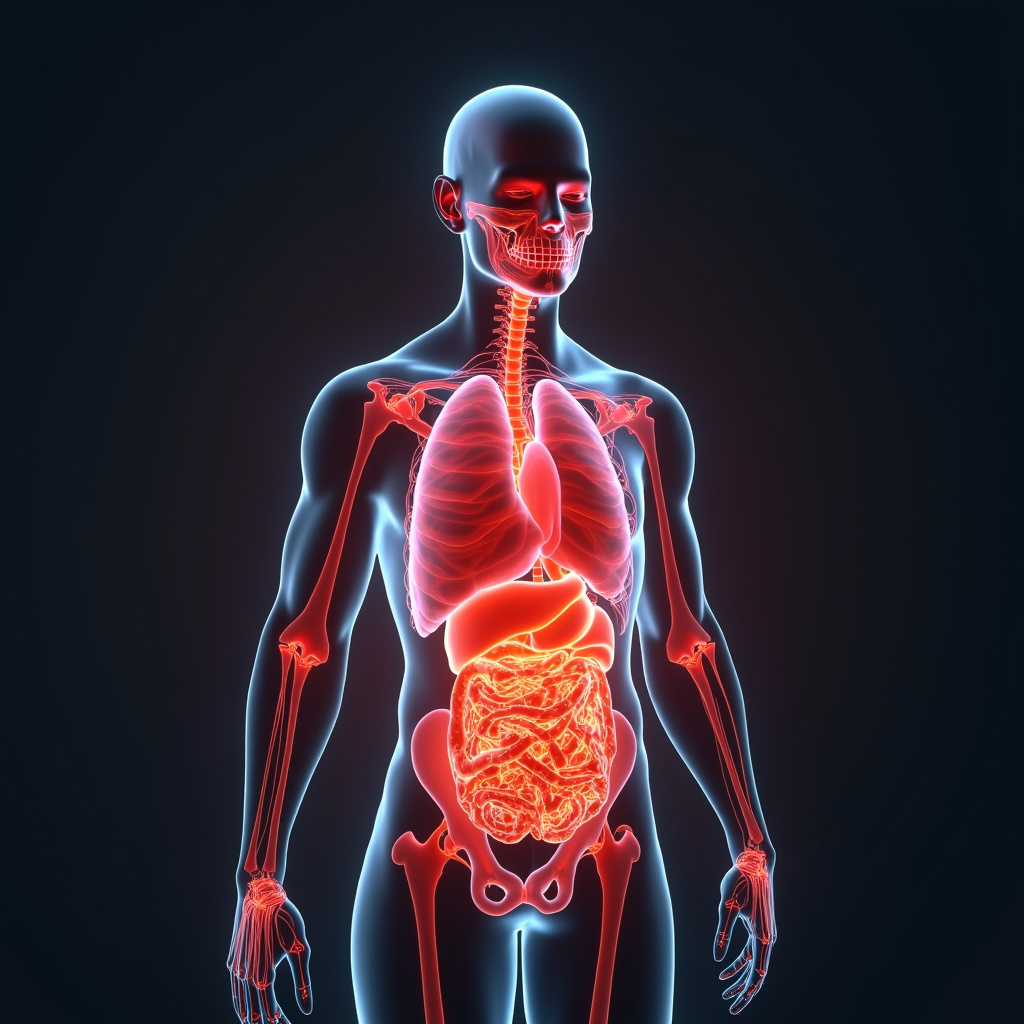
Inflammation and Central Weight Gain: Understanding the Connection
Introduction
In today’s fast-paced world, many people struggle with weight management, especially when it comes to gaining weight around the abdomen. This central weight gain can be frustrating and challenging to deal with. One often overlooked factor contributing to this issue is inflammation. In this article, we’ll explore the relationship between inflammation and central weight gain, helping you understand why it matters and what you can do about it.
What is Inflammation?
Inflammation is the body’s natural response to injury or infection. It is part of the immune system’s way of protecting us from harm. However, when inflammation becomes chronic, it can lead to various health issues, including weight gain. Here are some key points about inflammation:
- Acute Inflammation: This type occurs suddenly and is usually short-lived. It helps the body heal from injuries or infections.
- Chronic Inflammation: This is a long-term condition that can last for months or years. It may result from factors such as poor diet, lack of exercise, or stress.
The Link Between Inflammation and Weight Gain
Research shows that chronic inflammation can lead to weight gain, particularly in the abdominal area. Here’s how it happens:
- Hormonal Imbalance: Inflammation can disrupt the balance of hormones like insulin and cortisol, which are crucial for regulating metabolism and fat storage.
- Fat Storage: Inflammatory markers can signal the body to store more fat, especially in the belly region, which is linked to various health risks.
- Appetite Regulation: Chronic inflammation can affect the hormones that control hunger, leading to increased appetite and cravings for unhealthy foods.
Factors Contributing to Inflammation
Understanding what causes chronic inflammation is essential for managing it effectively. Here are some common contributors:
- Poor Diet: Diets high in processed foods, sugar, and unhealthy fats can promote inflammation.
- Lack of Exercise: Physical inactivity is linked to chronic inflammation and weight gain.
- Stress: High-stress levels can lead to increased inflammation and unhealthy eating habits.
- Sleep Deprivation: Poor sleep quality can exacerbate inflammation and weight gain.
How to Reduce Inflammation and Manage Weight
Fortunately, there are several effective strategies to help reduce inflammation and manage central weight gain:
- Eat an Anti-Inflammatory Diet: Focus on whole, unprocessed foods like fruits, vegetables, whole grains, and healthy fats (e.g., olive oil, nuts). Foods rich in omega-3 fatty acids, such as fatty fish, can also help.
- Exercise Regularly: Aim for at least 150 minutes of moderate aerobic activity each week, along with strength training exercises.
- Manage Stress: Practice mindfulness techniques such as meditation, yoga, or deep breathing to help reduce stress levels.
- Get Quality Sleep: Prioritize sleep by establishing a regular sleep schedule and creating a restful sleep environment.
Conclusion
Understanding the connection between inflammation and central weight gain is crucial for anyone looking to manage their weight effectively. By addressing the underlying causes of inflammation and adopting healthier lifestyle habits, you can take meaningful steps toward achieving your weight goals. Remember, small changes can lead to significant improvements in your overall health and well-being. So, start today and take control of your health!




